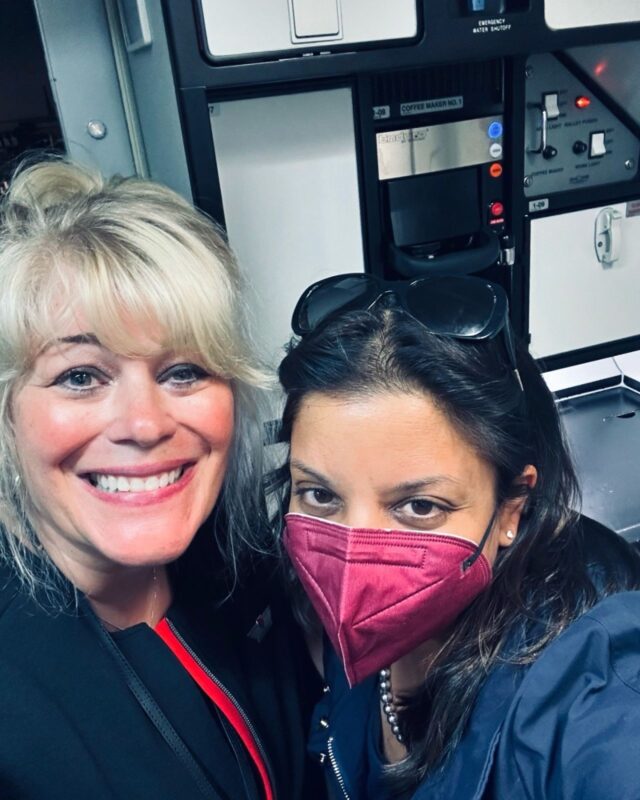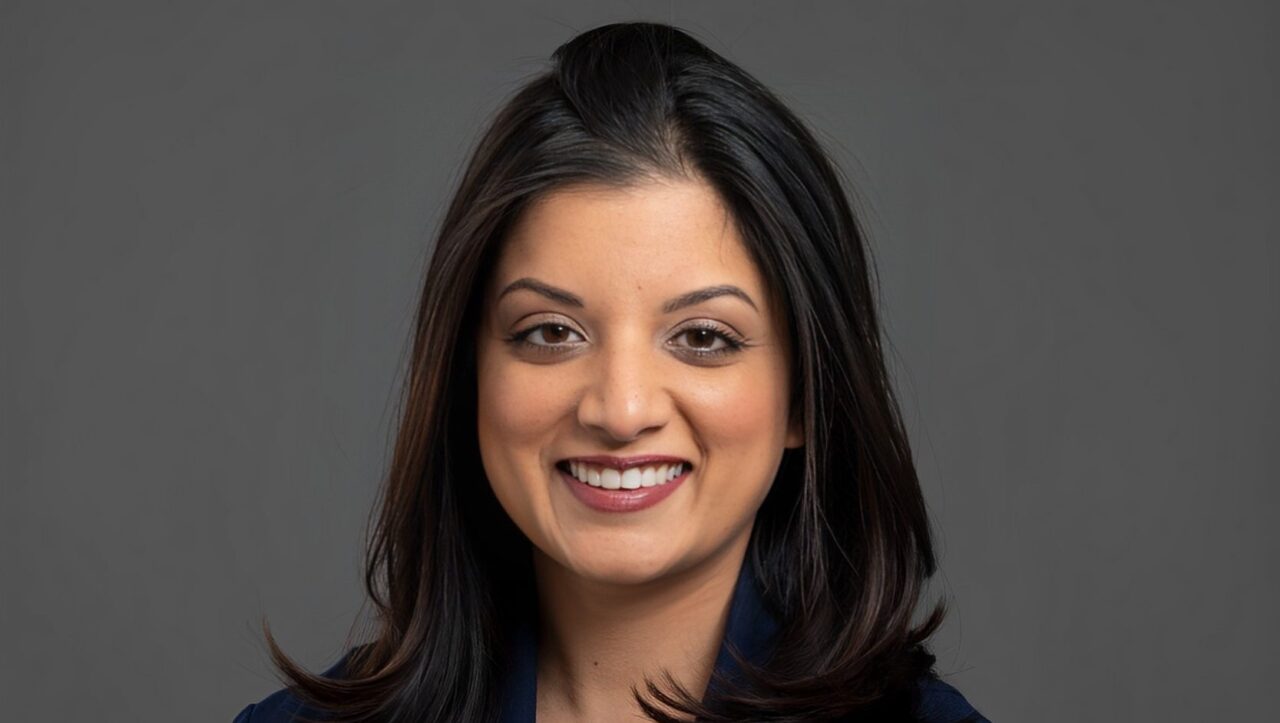Shikha Jain shared on LinkedIn:
“Have you been on a plane and heard ‘is there a dr on the plane?’ Well, it happened again today.
It can be scary to have a medical emergency if you are traveling alone. Here are tips for anyone traveling.
If You’re the Patient During an Inflight Emergency:
1. Notify the Crew Immediately: Let the flight attendants know as soon as you start feeling unwell. They can inform the pilot, access medical equipment, and check if there’s a healthcare professional onboard.
2. Carry a Note with Your Medical Information: Always have a note in your pocket or wallet with your medical history, including any medications you’re on and any allergies. This can be lifesaving if you’re unable to speak for yourself during an emergency.
3. Stay Calm: It’s natural to feel anxious, but staying calm can help you communicate your symptoms clearly, making it easier for others to assist you effectively.
4. Keep Essential Medications Handy: Always bring important meds in your carry-on bag and make sure they’re easily accessible. If needed, let the flight crew know about your medications right away. And/or wear a medical alert bracelet
5. Hydrate and Move: Keep yourself hydrated and, if safe, take short walks to prevent common issues like dehydration or deep vein thrombosis (DVT).
6. Know Your Rights: If you need medical care upon landing, let the crew know so they can arrange for medical personnel to meet you when the plane lands.
If You’re the Physician During an Inflight Emergency:
1. Assess the Situation: Quickly gather information—what happened, the patient’s symptoms, and any known medical history or medications. Time is essential, but so is making an informed assessment.
2. Use Available Resources: Most planes have emergency medical kits and AEDs (automated external defibrillators). Work with the flight attendants, who are trained to assist and can provide access to these tools.
3. Communicate with the Crew: Coordinate with the flight attendants, as they can contact the pilot for additional support or notify ground medical teams to be ready when the plane lands.
4. Document the Event: Some airlines may require documentation of your intervention for legal or follow-up reasons. Take a moment to jot down the essentials, especially if further medical care is needed post-flight.
5. Seek Help if Needed: If you’re not comfortable handling the situation alone, don’t hesitate to ask if there are other healthcare professionals onboard who may be able to assist, particularly if the issue is outside your expertise.
Safe travels to all, and whether you’re the patient or the physician, being prepared and knowing how to act can make all the difference in an inflight emergency.
Also huge shout out to the Southwest Airlines crew with a well stocked emergency first aid kit who stayed calm under pressure and managed a stressful situation calmly and professionally.”

Source: Shikha Jain/LinkedIn
More posts featuring Shikha Jain on oncodaily.com
Shikha Jain is an associate professor of medicine in the Division of Hematology and Oncology at the University of Illinois Cancer Center in Chicago. She is the Director of Communication Strategies in Medicine and the Associate Director of Oncology Communication & Digital Innovation. She is a founder and Chair of the Women In Medicine Summit, and founder and President of the Women in Medicine® non-profit.
She is the co-founder of the Rush Center for the Advancement of Women in Health Care. Dr. Jain was named a Rising Star in Medicine by Medscape in 2020 and one of Modern Healthcare’s Top 25 Emerging Leaders in 2019, and was also awarded the Rising Star award by the LEAD Oncology Conference in 2019 and nominated in 2020 as a Women Leader in Oncology.


